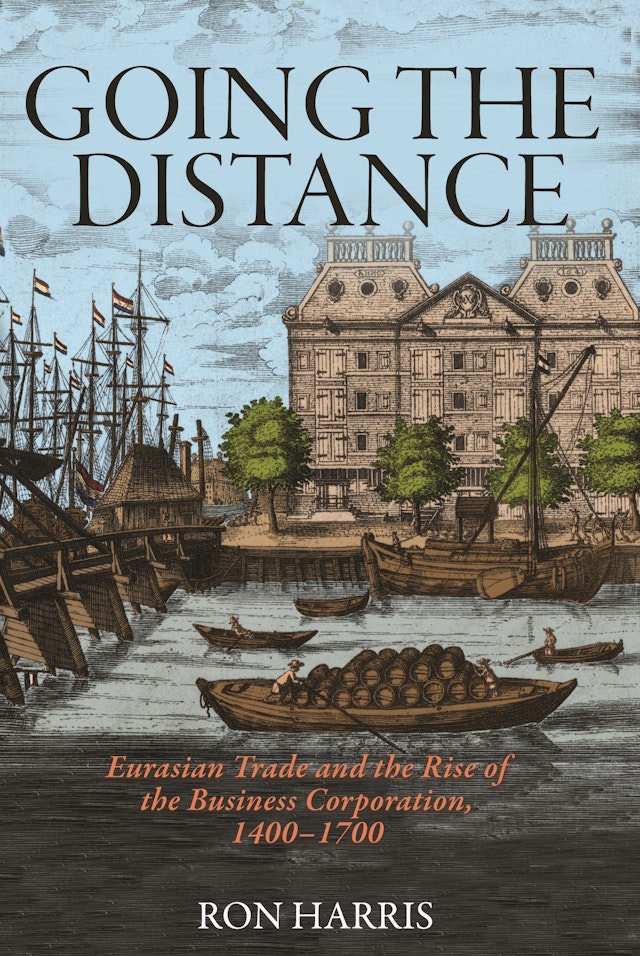Entangled international and national legal orders
in the long 19th century 2-3 March 2020, University of Zurich
Monday, 2nd March 2020, room RAA-G-01, University of Zurich
14,15-14,30: Introductory remarks, Raphael Cahen (Vrije Universiteit Brussel), Frederik Dhondt (Vrije Universiteit Brussel/Antwerp University), Elisabetta Fiocchi Malaspina (University of Zurich)
14,30-15,15: Keynote by Andreas Thier (University of Zurich)
15,15-16,00: Frederik Dhondt, Legal arguments in the debate on recognition of Italian independence in Belgian parliament (November 1861)
16,00-16,45: Pietro Costa (University of Florence), Nation-building and State-building in the ‘long’ Nineteenth Century: Identity Myths and Domination Strategies
16,45-17,15: Coffee Break
17,15-18,00: Raphael Cahen, Constitutional and international entanglements in nineteenth century: the case of the Litigation committee of the French foreign minister and his actors
(1835-1871)
18,00-18,45: Markus J. Prutsch (European Parliament/Heidelberg University), The “Vienna System” and the German Confederation: Stability, Sovereignty and Constitutionalism
Tuesday, 3rd March 2020, room RAA-G-01, University of Zurich
9,00-9,45: Inge Van Hulle (Tilburg University), Plural normative orders and the negotiation of land rights in West Africa (1880-1920)
9,45-10,30: Lisa Ford (University of New South Wales), Sovereignty, Settlement and International Law: the case of Honduras
10,30-11,00: Coffee Break
11,30-11,45: Elisabetta Fiocchi Malaspina, Colonial and International Entanglements in Nineteenth-Century Legal Discourses on Land Law and Land Registration
11,45-12,15: Concluding remarks
Room RAA-G-01, University of Zurich, Rämistrasse 59
Room RAA-G-01, University of Zurich, Rämistrasse 59
(see earlier on this blog)












